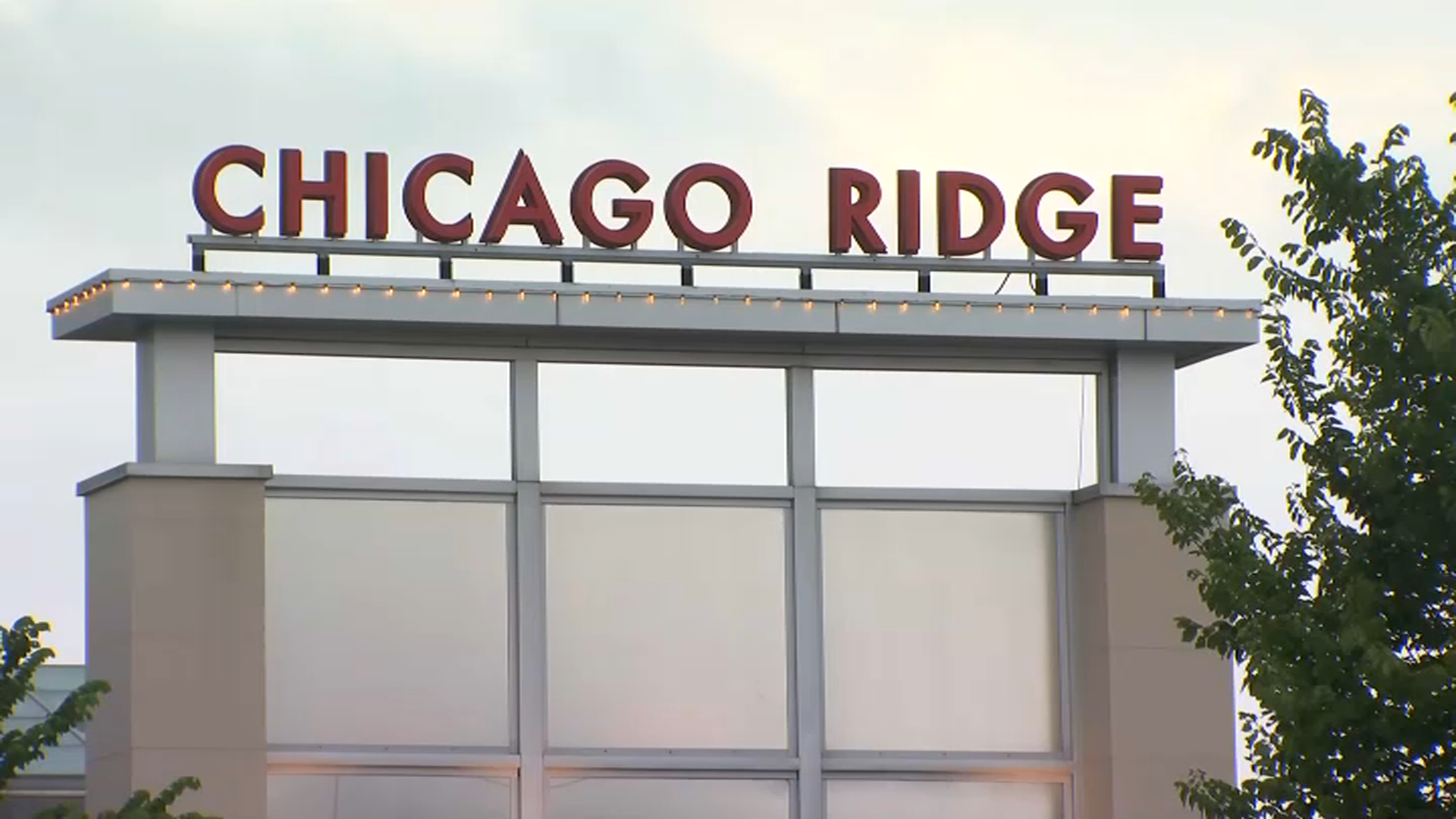The Fraternal Order of Police, which has a history of disagreeing with the Chicago Police Department, is not backing the department's new partnership with anti-gang group CeaseFire.
Mike Shields, President of the Chicago Chapter of the FOP, thinks the partnership implemented Friday between the two groups amounts to wasted money which could be put to better use elsewhere.
"We would rather see the money spent on hiring more policemen and teachers. They are the people that the community really needs as role models," said Shields. "When every dollar counts in the city's budget, I don't think we should be handing out money to ‘former’ gang members. How do these former gang members prove that they have withdrawn from gang life, and why should tax money be used to reward these people for leaving a criminal enterprise?”
CeaseFire's contract with the city runs three years and cost $1 million annually. Quarterly progress reviews will be performed.
The organization has been criticized in the past for hiring ex-offenders to help keep the streets non-violent. A Chicago Sun-Times report in June broadcast the arrests of several former CeaseFire employees.
Police Superintendent Garry McCarthy countered that the city intends to hire 500 officers by the end of the year.
"Crime reduction is not a zero sum issue," he explained to reporters Friday, adding that spending more to hire more policemen would not necessarily result in less crime.
Mayor Rahm Emanuel, who backs the partnership, agreed with McCarthy.
"There is no one-step solution to fighting gang crime, and in Chicago we are using every resource available to deter and defeat gang-related violence in our communities," the mayor said in a statement.
CeaseFire brokered the surrender, Thursday, of a person of interest, wanted in connection with a shooting that injured two girls near Cooper Park earlier in the week. Fresh from that accomplishment, the anti-violence watchdog raised its profile to new heights with Friday's partnership.
"Our job is to get in there to intercept whispers, to be able to stop the shooting," said CeaseFire Director Tio Hardiman. "Our work is to stop a guy from crossing the line. Therefore, nobody goes to the penitentiary. Nobody goes to the cemetery."
CeaseFire launched in 2000 as a Chicago public health initiative. It includes among its hires former gang members and ex-cons. But their weapons of choice these days are dialogue and intervention, which they use to diffuse conflicts. The partnership with police was officially announced last month.
"We’re going to be working hand and glove with them (Ceasefire), which is a little different, which is a little different than the way it’s been done in the past,” McCarthy said of the partnership.
Local
The CeaseFire/CPD alliance will take shape in two beats in each of two high-crime police districts: the West Side’s 10th and the South Side’s 3rd. CeaseFire states it already works the streets of 38 beats citywide.



